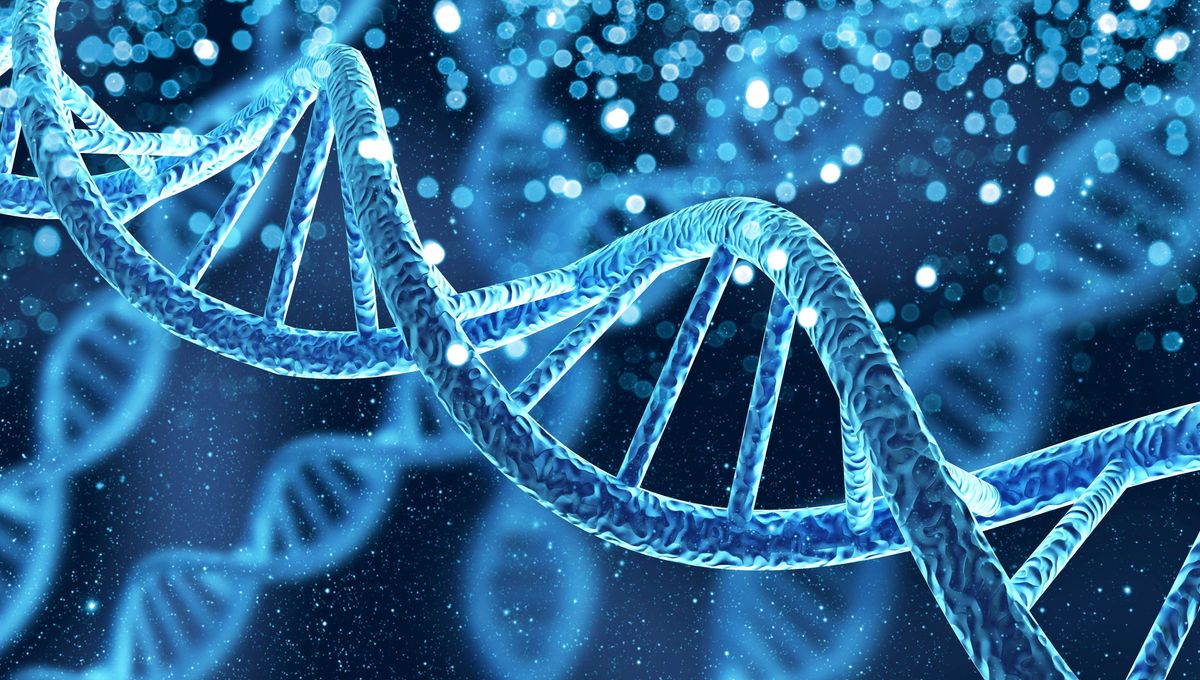
A new study has discovered a previously unknown link between two genes and schizophrenia, while also showing that a third gene may be linked to autism. This is the largest study of its kind, which also revealed how schizophrenia risk is conferred across ethnicities. The implications could be important for our understanding of brain disease and may lead to new treatments.
The research was led by the Icahn School of Medicine at Mount Sinai, New York, and is the first known study to investigate the risk of schizophrenia in different groups of people, especially among people of African descent. The results show that unusual harmful variations in gene proteins raise the risk of the mental condition in all ethnic groups.
Schizophrenia is a mental condition that affects how an individual thinks, feels, and behaves. Sometimes described as a type of psychosis, its symptoms include hearing or seeing things that are not there, disordered thinking and behavior, delusional beliefs, and a loss of motivation and interest in activities. Given the nature of these symptoms, it can be difficult for a person with schizophrenia to participate in social or everyday activities, which can be distressing for them and those around them.
The condition is usually diagnosed between the ages of 16 and 30, and affects around 1 in 300 people. Despite ideas made popular in the 20th century, most people with schizophrenia are not violent, nor does the condition involve having a split personality. For most patients, it can be managed with treatment, though existing medication does not always work for everyone.
It is not clear exactly what causes a person to develop schizophrenia, but it is assumed that several factors, including environmental, genetic, and structural changes in the brain, play a part.
The new research, however, found that two genes – SRRM2 and AKAP11 – are implicated as risk genes for the disorder. They were discovered by comparing the gene sequences of people with the condition with those of a control population, especially those with African ancestry. The meta-analysis, an assessment of previous research, involved existing datasets for up to 35,828 cases and 107,877 control participants.
This work builds on recent research that found 10 risk genes harboring more protein-truncating variants (PTVs) among schizophrenic patients. PTVs shorten the coding sequence of genes and have a large impact on their function. However, the study – and most others – focused exclusively on European populations, even though schizophrenia is common across the world.
“By focusing on a subset of genes, we discovered rare damaging variants that could potentially lead to new medicines for schizophrenia,” Dr Dongjing Liu, lead author, said in a statement.
“Also significant: studying people of various ancestral backgrounds, we found that rare damaging variants in evolutionarily constrained genes confer a similar magnitude of schizophrenia risk among those different populations and that genetic factors previously established in predominantly white people have now been extended to non-whites for this debilitating disease.”
The team also identified a third gene, PCLO, already known to be linked to schizophrenia, but is now known as having a shared risk for schizophrenia and autism. The findings raise more questions about the genetic overlap between psychiatric disorders.
“It’s been known that there are genetic components shared among illnesses”, Dr Alexander W. Charney, co-senior corresponding author of the study, added.
“Clinically, genes could look different in the same family. The same variant in the same family may cause autism in one family member and schizophrenia in another. The idea of the same gene having different manifestations is very interesting to us, as it could be useful when it comes to treating people in the clinic.”
The researchers have cautioned that not every patient with schizophrenia has a rare damaging variant gene, as the causes of the disorder are so multifaceted.
From here, the researchers hope to assess whether and how these risk genes may have a clinical role and if they are tied to a specific behavior or symptom of schizophrenia. They will also look to identify drugs that may target the newly identified genes.
The study was published in Nature Genetics.
Source Link: New Schizophrenia Risk Genes Identified By Largest Study Of Its Kind